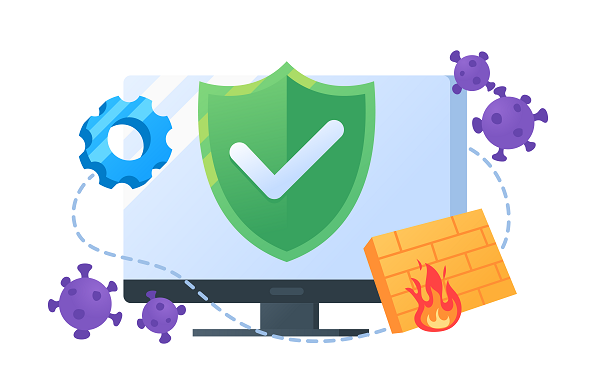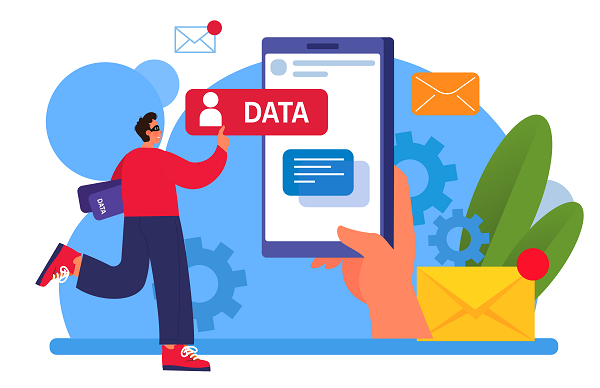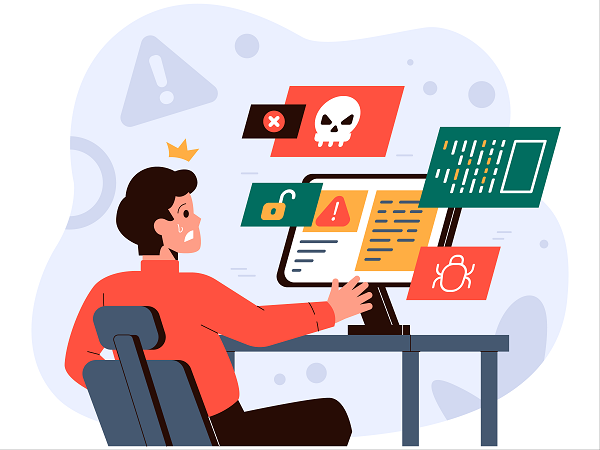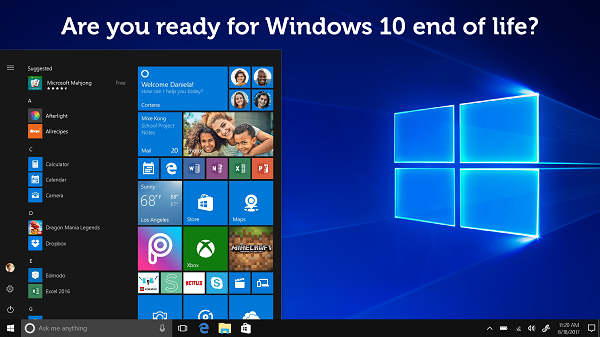Latest from our business, security
and technology blog
Search the blog:
DrayTeks end of life! And why you need Next Gen Firewalls
Is your business using DrayTek routers? With some unsupported models still widely used, it is important to act now to replace them. Unfortunately, cyber-attackers are targeting the devices – meaning the threat is real and immediate.
How long would it take your organisation to detect a data breach?
According to IBM Security’s Cost of a Data Breach Report for 2022, 83 per cent of organisations have experienced more than one data breach. Unfortunately, as with so many cyber-security threats, the likelihood of your organisation suffering a data breach is a question of “when” not “if”.
How to Develop an Incident Reporting Culture
Incident response, incident response planning and the nurturing of a positive incident reporting culture within your organisation are all critical aspects of cyber security. This blog focuses on why you need to develop an incident reporting culture and how to do it.
Server 2012 is end of life: Act now!
Microsoft’s support for Windows Server 2012 ended in October 2023. That means it is vitally important to take action now to protect the cybersecurity stance of your business.
Learning from Leicester: Cyber-attack causes disruption for council
Earlier this month, Leicester City Council became the latest in a long line of local authorities who have suffered a cyber breach. What can we learn from this latest attack?
Are you ready to protect yourself from Quishing?
There’s a new variant of phishing in town: quishing. And since forewarned is forearmed, especially when it comes to spotting phishing attempts, we’ve dedicated this blog to exploring exactly what it involves.
Why you must start planning early for Windows 10 end of life
In 2023, Microsoft announced that its Windows 10 operating system will go out of support in 2025. It might seem a long way off but there are important reasons why your organisation should begin to prepare for this event now.
Bridging the trust gap between your employees and AI
Have you noticed your employees are reluctant to use AI in the workplace? It may be down to their lack of trust. We explain how to show them AI is a tool that makes work better for everyone.
AI’s new role in cyber security
Artificial Intelligence (AI) tools have the potential to improve many areas of our lives and, in that, the discipline of cyber security is no different. However, just as with any other tool, it can be deployed for good or ill. According to NATO’s Assistant Secretary-General for Emerging Security...













